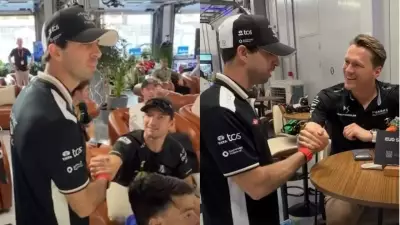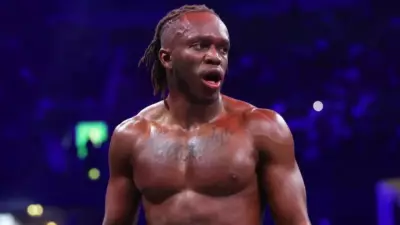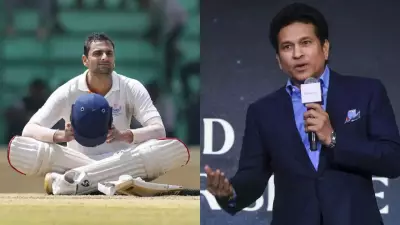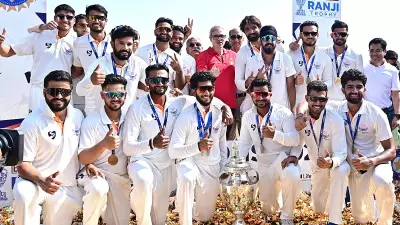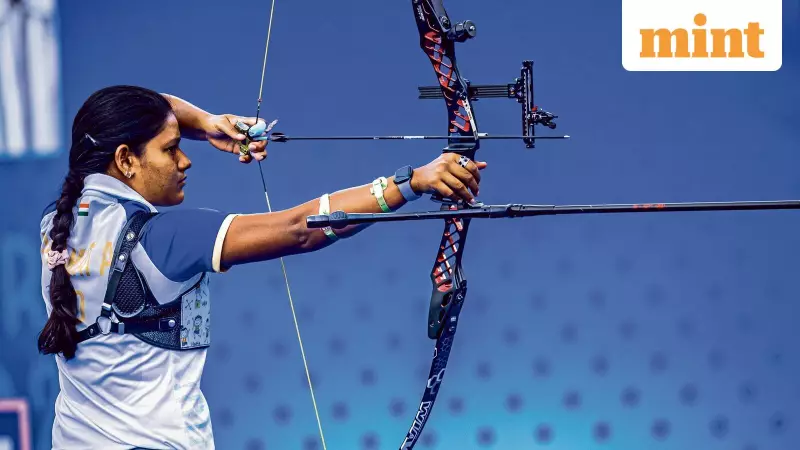
Indian archery has scripted a remarkable comeback story at the Asian Archery Championships in Dhaka, where the national team emerged as the continent's best with an impressive haul of 10 medals. The historic performance included six gold medals, three silver, and one bronze, effectively ending South Korea's long-standing dominance in the sport.
From Olympic Heartbreak to Asian Glory
The championship represented a powerful redemption arc for Indian archers Ankita Bhakat and Dhiraj Bommadevara, both of whom had experienced the agony of fourth-place finishes at the 2024 Paris Olympics. That position, just outside the medal brackets, had left them with what many describe as the most painful Olympic outcome.
Dhiraj Bommadevara, the 24-year-old from Vijayawada, chose to channel his Olympic disappointment into motivation. "I can feel every day that I am carrying that pain, carrying that burden," Bommadevara had revealed earlier this year. Rather than forgetting the near-miss, he used it as fuel, pushing himself harder in every practice session and competition.
His perseverance paid off spectacularly in Dhaka, where he became the first non-Korean archer since 2015 to win the men's individual recurve gold medal. In an all-Indian final, Bommadevara defeated 21-year-old Rahul Pawariya with a commanding 6-2 victory.
Different Paths to Success
While Bommadevara embraced his painful memories, 27-year-old Ankita Bhakat from Kolkata took the opposite approach. "I was bored with being miserable," Bhakat stated, explaining her decision to wipe the slate clean rather than dwell on past disappointments.
Her fresh mindset proved effective as she navigated a challenging path to the women's individual recurve title. Bhakat defeated top-seeded Korean archer Jang Min-hee in the quarterfinals before securing a hard-fought shoot-off victory against Indian archery icon Deepika Kumari in the semifinals.
In the championship match, Bhakat faced Nam Su-hyeon, a silver medalist from the Paris Olympics. Despite pressure from the experienced Korean, Bhakat demonstrated remarkable composure, shooting four 10s in her last six arrows to claim a 7-3 victory. On the final arrow, needing an eight or better to win, she confidently delivered a nine.
Breaking the Korean Stronghold
The Indian men's recurve team also made history by winning gold for the first time in eighteen years. The trio of Rahul Pawariya, Atanu Das, and Yashdeep Sanjay Bhoge brought home the team title that had eluded India since 2007.
Veteran archer Tarundeep Rai, who has represented India in four Olympic Games, described the achievement as a "big breakthrough" for Indian archery. "Ankita and Dhiraj winning individual golds is one of the biggest achievements I have seen in Indian archery," Rai emphasized. "It is the spark of inspiration we were looking for."
The significance of these victories extends beyond the medal count. For years, Indian recurve archers have struggled against the psychological barrier posed by Korean dominance. Former champion Dola Banerjee, part of India's first women's team to win bronze at the Asian Championships in 2005, noted the mental transformation.
"All these years it seemed like archers from Korea are good at moving on," Banerjee observed. "If they shoot a seven, rather than dwelling on it and jeopardising the set, they would bounce back with a 10 on the next shot. Meanwhile, Indian archers would go in a downward spiral. With this win, hopefully, we have proved that we can keep our cool in the big moments."
A Roadmap for Future Success
The comprehensive victory at the Asian Championships provides not just hope but a potential blueprint for Indian archery's future. The performances demonstrated that Indian archers now possess the technical skill to compete with the world's best—what remained was mastering the psychological aspect of elite competition.
Banerjee suggested that India could learn from Korea's systematic approach to pressure training. Korean archers practice in replica competition venues and even train in front of packed football or baseball stadiums to simulate the noise and distraction of major events.
"India has won medals at almost every big event now," Banerjee noted. "We have the talent; we have the technique. What's missing is how we handle the pressure."
The Dhaka championships have shown that Indian archers are closing this gap rapidly. With the next Olympic cycle underway, this dominant Asian performance signals that Indian archery may finally be ready to convert its potential into Olympic medals.


